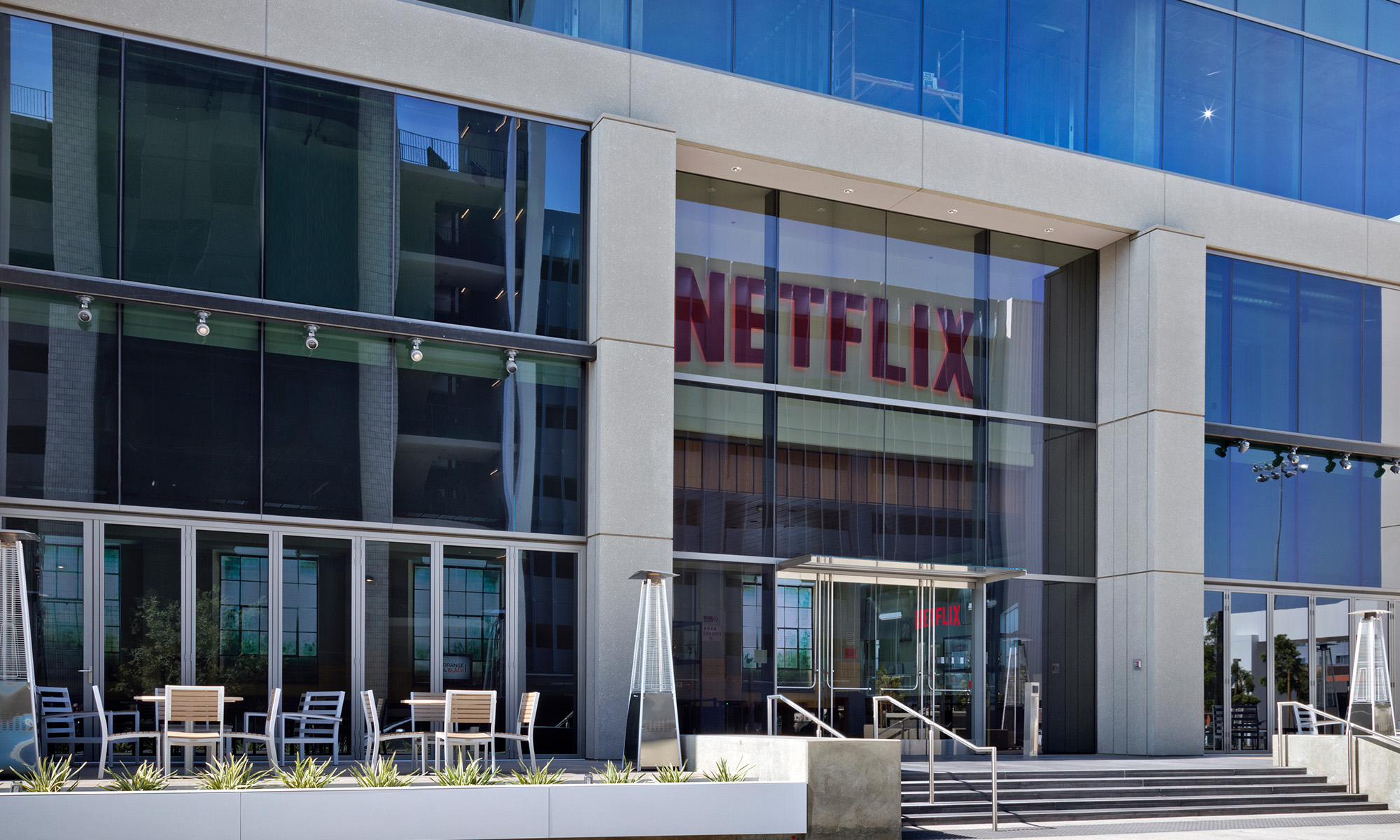
Source: Wikimedia Commons.
On April 29, the news broke that Netflix (NFLX 0.04%) and Verizon Communications (VZ 1.14%) had signed a deal in which the video-streaming service would begin to pay Verizon for faster broadband speeds. This news followed a deal that Netflix and Comcast (CMCSA 1.87%), the country's largest ISP provider, inked on Feb. 23, which established the first such relationship of its kind. Going forward, what does this move mean for Netflix and its customers, and what kind of benefits might accrue to Verizon because of the deal?
Netflix's hand was all but forced
After the D.C. Circuit Court struck down the net neutrality rules of the Federal Communications Commission, or FCC, speculation began circulating that major bandwidth-consuming companies like Netflix would eventually be forced to pay for high speeds. Netflix finally broke that silence in February when the company agreed to pay Comcast for preferential treatment. Unfortunately, the companies did not make the terms of the agreement public, but Reed Hastings, Netflix's CEO, made it perfectly clear that he wasn't happy.

Source: Comcast.
In response to the deal, Hastings said that Comcast stood against net neutrality and that, instead of standing up for consumers, the company is attempting to maximize its profits by charging companies like Netflix fees that will ultimately be passed on to consumers. In response to these allegations, Comcast fired back by saying that Netflix did not have to approach it with a deal and that Netflix was not worried about net neutrality and that instead its focus was on shifting its costs to all Internet users.

Source: Verizon.
This could have major implications for Verizon and Netflix
With 19.8 million subscribers as of 2013, Comcast currently provides services to about 24% of all broadband users and almost 42% of broadband users who receive access through cable providers. What this means is that the company was probably the best for Netflix to approach first.
By closing a deal with the largest player in the industry, Netflix could not only set a precedent, but it could do so on more favorable terms than if other bandwidth consumers beat it to the punch. Even with this perceived edge, Netflix's comments following the deal suggest that these terms weren't as attractive as management probably hoped for.
This means that Verizon probably got some value from its deal with Netflix. With roughly 8.9 million broadband users to its name, the company is the second-largest bandwidth provider in the telephone space and the fourth-largest bandwidth provider period, as it holds market shares of almost 26% and 11%, respectively.

Source: Verizon.
While Netflix's customers who receive their broadband from Verizon will benefit from faster load times, the company itself will probably incur higher costs and this could lead to future price increases. This almost certainly provides the reason that Netflix, during its first-quarter earnings release, announced that it will raise the subscription price for new customers from $7.99 to between $8.99 and $9.99 per month. Netflix might announce further price increases if ISPs milk the business for too much.
However, where Netflix loses out, Verizon is likely to win. Between 2012 and 2013 alone, Verizon saw its revenue rise just 4% from $115.8 billion to $120.6 billion, but its return on equity came in at nearly 30%. This means that despite the company's slow growth, its shareholders earned about $0.30 for every dollar invested in the business. To put this into perspective, consider that Comcast's shareholders made just $0.13 on the dollar in profit.
Foolish takeaway
As we can see, Netflix is in a very precarious position. By not making these types of transactions, the business risks turning its customers away. However, by signing these deals the company is handing over some of its profits. In the short term, it's probable that the streaming provider will see some margin contraction, but the higher-quality experience will probably create a larger and more devout user base in the long term if management can get by with its price hikes. However, if consumers are unwilling to pay these higher costs, Netflix risks disenfranchising its users.
Because of these uncertainties, investors should be cautious about buying stakes in Netflix, but they should not necessarily avoid the company. For the Foolish investor who believes in the company and the business savvy of its management team, Netflix could still make a lot of sense. However, for investors who want in on the action without the uncertainty, Comcast or Verizon might make for more sensible prospects.








